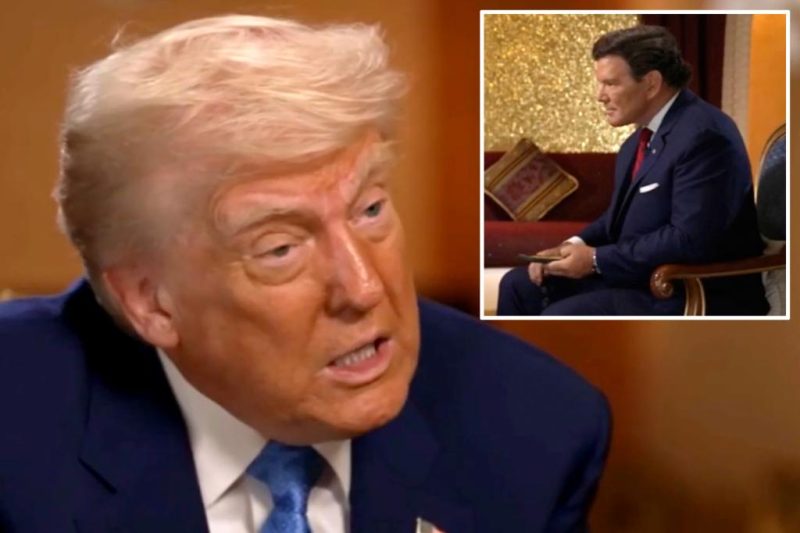
President Trump’s recent Middle East trip yielded significant financial gains for the United States, reportedly securing over $2 trillion in deals. However, in a surprising turn of events, the former president jokingly expressed regret over not negotiating even more favorable terms. His comment, delivered with characteristic flair, sparked immediate discussion and speculation about the true extent of the agreements reached. The sheer magnitude of the financial commitments is unprecedented, highlighting the significant economic leverage wielded by the United States in the region.
The details surrounding the specific deals remain somewhat opaque, fueling further intrigue. While the public has been informed of the substantial financial commitments, the exact nature of these agreements and their long-term implications are yet to be fully disclosed. This lack of transparency has led to calls for greater accountability and a more detailed explanation of how these funds will be used to benefit the American people.
Trump’s quip about wishing he’d ‘asked for more’ adds another layer of complexity to the narrative. Was it simply a lighthearted remark, or a subtle hint at the potential for even greater gains? The ambiguity of the statement leaves room for many interpretations, ranging from a simple jest to a calculated strategy to keep future negotiations open-ended. Regardless of the intent, the comment undoubtedly serves as a reminder of the high-stakes nature of international diplomacy and the constant pursuit of advantageous outcomes.
The overall success of the Middle East trip remains a subject of ongoing debate. While the financial figures are undeniably impressive, questions remain regarding the long-term strategic implications and the potential impact on regional stability. The lack of concrete information surrounding the specifics of the deals makes a comprehensive analysis difficult, leaving the public to rely on fragmented reports and official statements that often lack sufficient detail.










